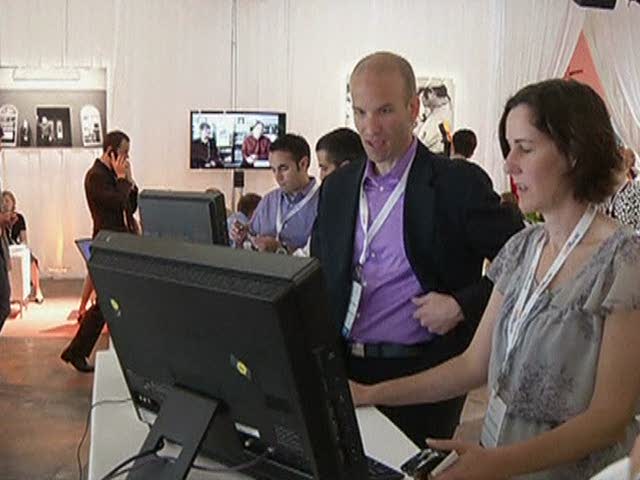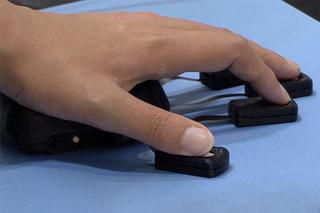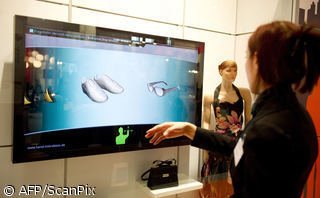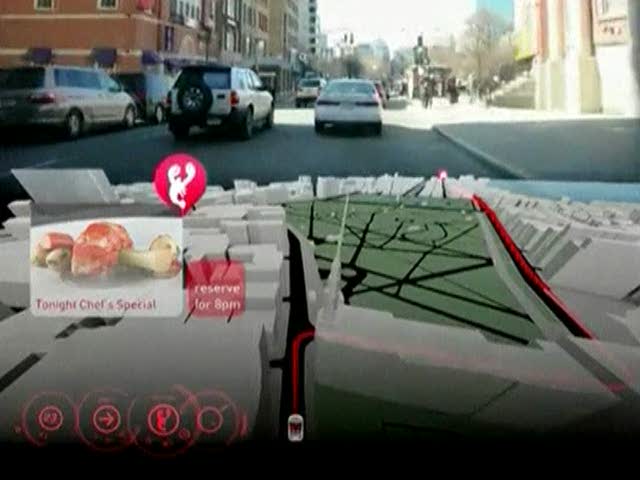"A Flaw Worse Than Melissa".
Published:
2 September 1999 y., Thursday
A team of computer scientists has discovered a bug in tens of millions of Microsoft Windows computers that lets an attacker take control of a PC by sending an email message. The security hole, present in most copies of Windows 95 and all versions of Windows 98, would allow a malcontent to conceal malicious computer code in an email message or Web page that can surreptitiously modify files, reformat a hard drive, or execute any DOS command. "It_s the Melissa virus, but even worse," says Dan Wallach, an assistant professor of computer science at Rice University who is one of the team members. "The Melissa virus required someone to click OK. This doesn_t." Microsoft has acknowledged the backdoor. This week, after the researchers contacted the company, it released an upgraded version of its Java virtual machine that fixes the problem. But the tens of millions of Windows users who have not downloaded the patch and have not disabled Java remain vulnerable to anyone who knows the technical details of the bug. At risk are Windows users who read email using programs like Outlook, Outlook Express, and Qualcomm_s Eudora that use Microsoft_s viewing software and have fairly recent versions of its Java virtual machine. A Trojan Horse sent via email will be executed as soon as the message is viewed -- without any prompting. Web browsing with Internet Explorer 4.0 and 5.0 can be dangerous if users click on a Web site with malicious Java -- but Netscape_s browsers are immune. Other members of the team include Drew Dean and Dirk Balfanz of Xerox PARC, and Princeton computer science professor Ed Felten, best known for his testimony as the government_s technical expert in the Microsoft antitrust case. All are current or former members of Princeton_s Secure Internet Programming group, which has revealed many security vulnerabilities in Java implementations over the last four years. This attack works by repeatedly sending a specific message to a Java thread, exploiting what computer scientists call a race condition. Usually, Microsoft_s Java virtual machine does the right thing by barring a program from executing dangerous functions. But the attacking program the researchers showed to Wired News doesn_t give up.
Šaltinis:
Wired News
Copying, publishing, announcing any information from the News.lt portal without written permission of News.lt editorial office is prohibited.
The most popular articles
Software company announced new structure_ of it_s business.
more »
 A new smartphone from Samsung has been announced by Three in Sweden, the Samsung Galaxy Z.
more »
A new smartphone from Samsung has been announced by Three in Sweden, the Samsung Galaxy Z.
more »
 News Corporation has sold its ailing social networking site MySpace to online advertising firm Specific Media.
more »
News Corporation has sold its ailing social networking site MySpace to online advertising firm Specific Media.
more »
 Microsoft CEO Steve Ballmer promoted company‘s new cloud product Office 365at an event in New York City.
more »
Microsoft CEO Steve Ballmer promoted company‘s new cloud product Office 365at an event in New York City.
more »
 Most folks do work with their hands, but what about your feet?
more »
Most folks do work with their hands, but what about your feet?
more »
 Company Double Research & Development has developed a new input device that can sense motion and pressure of the fingers. Manipulator "amenbo" find its use in applications requiring detection of users using their hands.
more »
Company Double Research & Development has developed a new input device that can sense motion and pressure of the fingers. Manipulator "amenbo" find its use in applications requiring detection of users using their hands.
more »
 Thousands of pages from one of the world's biggest collections of historic books, pamphlets and periodicals are to be made available on the internet.
more »
Thousands of pages from one of the world's biggest collections of historic books, pamphlets and periodicals are to be made available on the internet.
more »
 Chinese internet giant Alibaba has announced that it is reorganizing one of its websites, Taobao, into three separate units.
more »
Chinese internet giant Alibaba has announced that it is reorganizing one of its websites, Taobao, into three separate units.
more »
 Mr Lockhart, who joins Facebook next month as Vice President of Global Communications, represents the company's latest move to enlist Washington insiders.
more »
Mr Lockhart, who joins Facebook next month as Vice President of Global Communications, represents the company's latest move to enlist Washington insiders.
more »
 Facebook is planning an IPO that could value the company at as much as $100 billion, according to CNBC sources.
more »
Facebook is planning an IPO that could value the company at as much as $100 billion, according to CNBC sources.
more »
 Audi and MIT's SENSEable City Lab have teamed up to design the car navigation system of the future - a 3D display that will sit on the dashboard.
more »
Audi and MIT's SENSEable City Lab have teamed up to design the car navigation system of the future - a 3D display that will sit on the dashboard.
more »